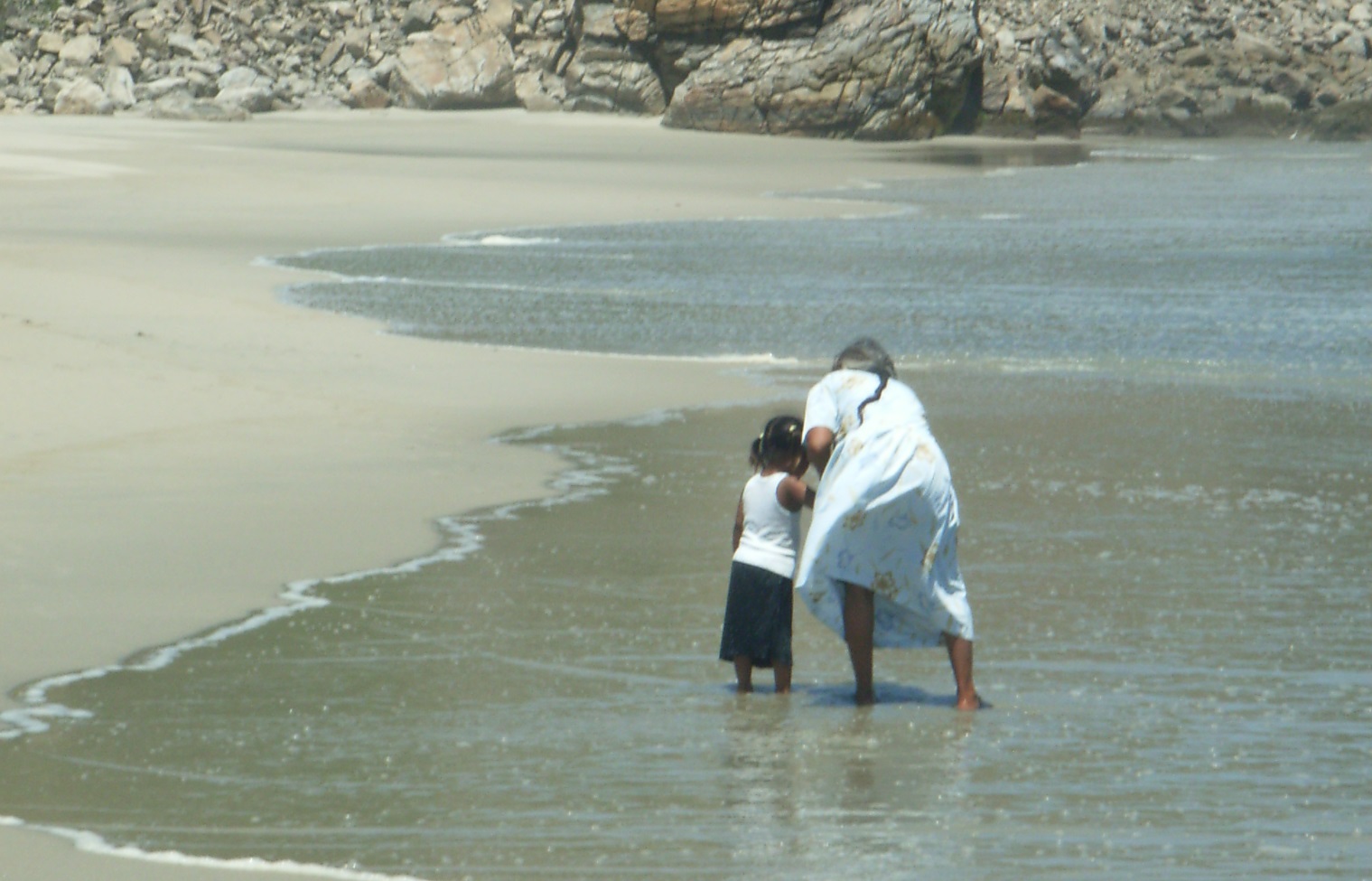
15 Sep How to leave wealth to grandchildren
Photo: seeman/morguefile.comQ. I get about $11,000 a year in dividend income, $20,000 from Social Security and $9,000 from a pension. It covers my expenses, and I have about $3,000 left over. I want to leave money to my grandchildren. I have three. Should I invest the money for them or see how much life insurance I can get? I am 69.
A. It’s great to hear you have extra cash flow every year.
But before you work to provide for your grandchildren, let’s make sure you’re protected.
You need to consider your long-term income outlook, including a possible decline in your dividend income or an increase in your medical costs as you get older, said Jim McCarthy, a certified financial planner with Directional Wealth Management in Rockaway. He said he has three grandchildren so he can related to your desire to do something for them.
McCarthy said if you’re confident that you’re financially secure, there are some quantitative and qualitative considerations.
First, a qualitative question: Is it better to leave them money or an education about money?
“I ask because statistically 70 percent of inherited wealth is generally spent within seven years of receipt (National Endowment for Financial Education),” he said. “In my opinion this is because the recipient of the wealth was never educated about the `value’ of money.”
So how can you educate your grandchildren about money? If they have reached the age of majority, you could open an investment account in their name and gift money into the account, using a low-cost, diversified mutual fund or exchange-traded fund (ETF).
“Encourage your grandchildren to contribute their own money to the account as well,” he said. “They will get to see firsthand how the investment process works and see the power of compounding.”
If the children are minors, you can use the same approach, except either you or one of their parents will need to be the custodian on the account. McCarthy said this is what he does with his grandchildren. Every year on their birthday, he and his grandchildren review their portfolios together.
“It’s amazing how excited they get to see their money grow,” McCarthy said.
McCarthy said there are a few other points to consider.
First, investing in a child’s name, either directly or indirectly, can impact financial aid for college.
Second, you are giving the money to the child so (at the age of majority) they can withdraw and spend the money, perhaps frivolously.
And third, the income tax implications need to be taken into account.
“I believe the benefit of teaching them about money outweighs these factors, but every situation is unique,” he said.
On the quantitative side, your age and health are significant factors in the amount of life insurance you could get.
He said for example, for a $3,000 annual premium, a 69-year-old male non-smoker with a standard health rating living in New Jersey could get approximately $100,000 of term life insurance with a level premium for 20 years. A female could get approximately $150,000.
At the same time, if you were to invest $3,000 per year at a 6 percent rate of return for 20 years, you would accumulate approximately $117,000.
“So on the quantitative side, it really comes down to how long you live,” McCarthy said. “The longer you live, the more attractive the investment option.”
Also remember that the life insurance is a commitment, he said, and you must pay the premium every year or you will forfeit the policy.
“The investment option is flexible – you aren’t required to make an investment each year if you don’t have the extra cash flow,” McCarthy said. “Term life insurance is temporary protection as it only provides coverage for a specific period of time. If the policy expires prior to the insured’s death nothing is payable.”
Email your questions to Ask@NJMoneyHelp.com.
This story was first posted in September 2015.
NJMoneyHelp.com presents certain general financial planning principles and advice, but should never be viewed as a substitute for obtaining advice from a personal professional advisor who understands your unique individual circumstances.
